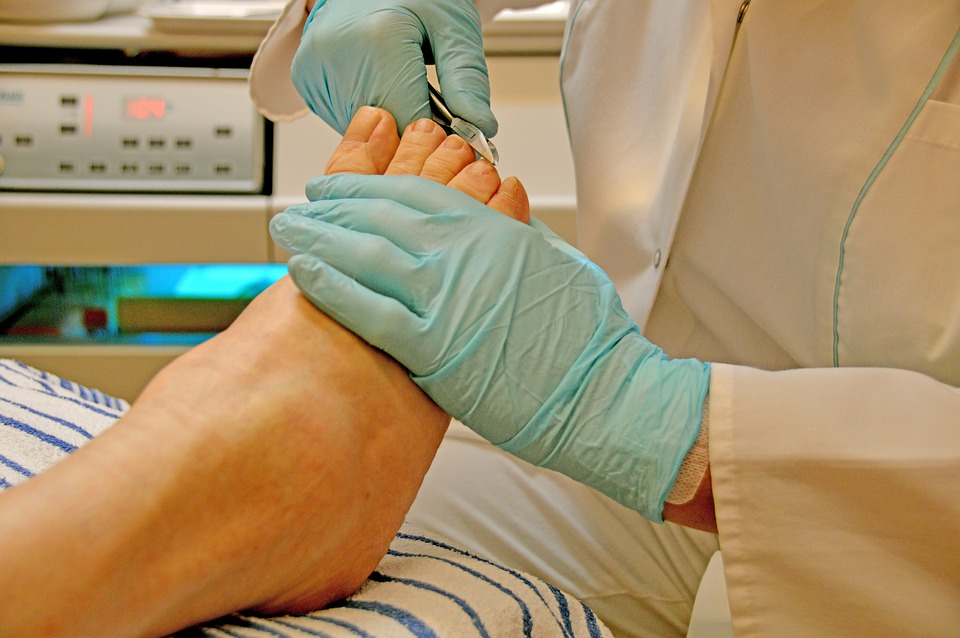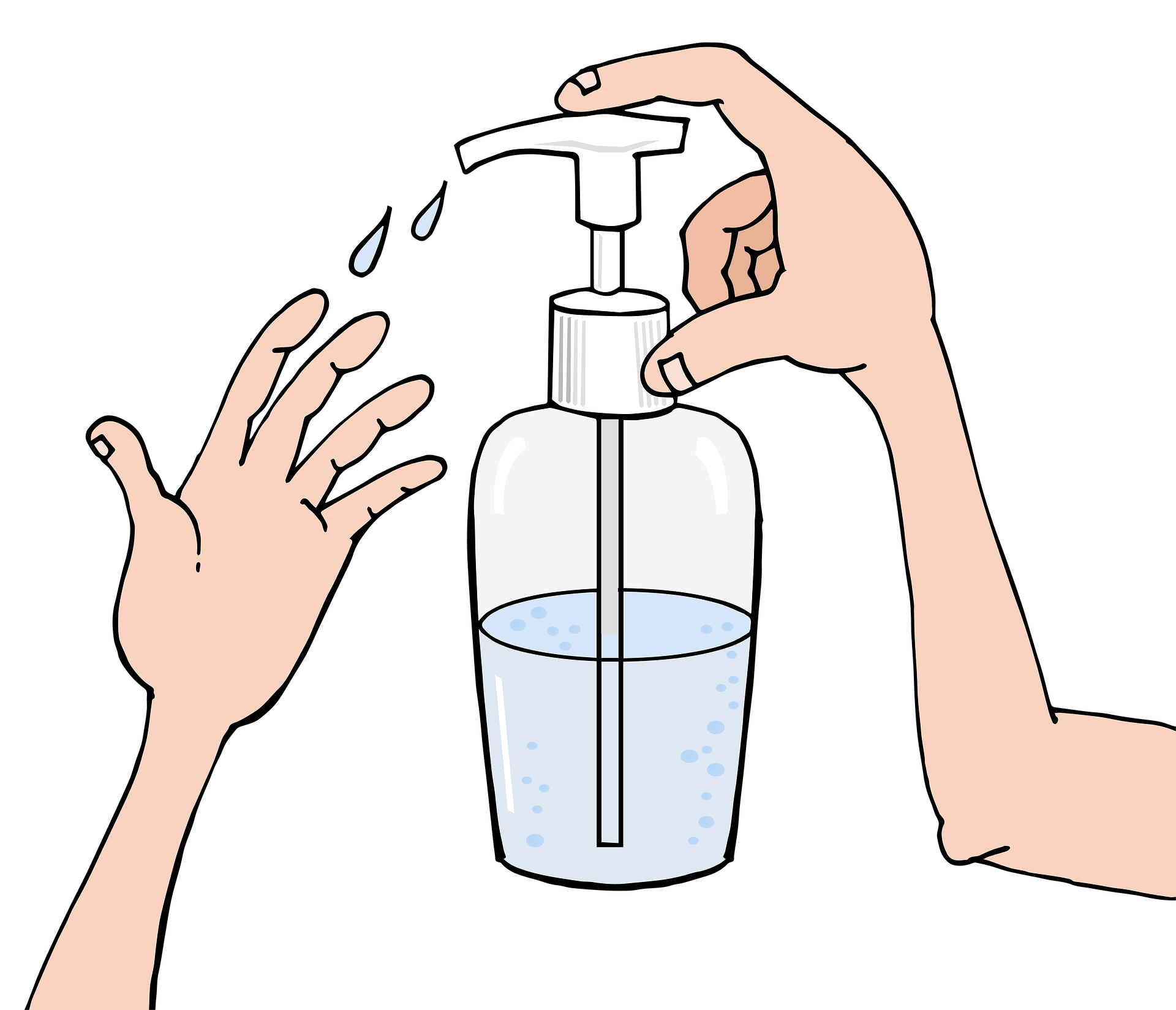Do the residents get the nutrition they need and what diseases affect nutritional needs?
This article has been translated with AI and is based on Swedish conditions. Hopefully, it can inspire those interested from other countries.
Elderly people often suffer from diseases that directly or indirectly affect their nutritional needs. Adapting the diet to these needs is crucial to maintain health and quality of life. By focusing on a nutritious, balanced diet and any dietary supplements, one can support the health of elderly people and reduce the risk of complications. An individual nutrition plan is often necessary to ensure that the needs of the elderly are met in the best way.
 Foto: Mostphotos
Foto: MostphotosNutritional status needs to be regularly followed up
Staff must monitor the resident's weight and BMI as these can indicate medical risks or deteriorated health conditions. The nurse has the overall responsibility to ensure that those living in elderly care receive enough food and nutrition.
Weight should be checked regularly, preferably every 14th day but not less than once a month and more often if necessary. By taking the resident's weight and dividing it by the patient's height x 2, for example 1.70 x 1.70 m, BMI can be calculated and it provides an image of whether the elderly person is malnourished and has a low BMI. A normal or high BMI does not automatically mean that the elderly person is not malnourished. It is not the weight that is decisive but that the individual receives the right form of nutrients. The diet should therefore be well-planned and varied.
It is also important to regularly follow up with the residents what they think about the food and/or note the amount that is thrown away. The most important thing is that the food ends up in the stomach.
How large is the energy requirement for an elderly person?
The energy requirement is 25-30 kcal/kg body weight and the fluid requirement is 30 ml/kg. This means that someone who weighs 60 kg needs approximately 1800 kcal and 1800 ml fluid per day. This is knowledge that the staff need to know in order to be able to calculate whether a resident has received enough nutrition and fluid. When it is hot outside, it is especially important that the elderly drink enough to not become dehydrated. This is all too common in the summer and sometimes leads to unnecessary hospital admissions. In the summer, the staff need to be reminded to give extra fluid. It is not always possible to reach recommended levels and the assessment must be made on a case-by-case basis. It is also not possible to force residents to eat and drink.
Certain medical conditions may require even more nutrition (see further down in the article).
What can weight loss be due to?
When fluid and nutrient intake is impaired, it is important to investigate the cause. Many times it can be age and disease and it is then natural that the elderly eat less, but it can also be malnutrition that is the cause of the deterioration. In the case of Alzheimer's disease, it is common with weight loss even before diagnosis has been made and the weight loss increases with the severity of the disease. Underlying causes can be depression and lack of initiative as well as decreased hunger and thirst. Aggression at night can be due to too little nutrition during the day. Other causes of weight loss in Alzheimer's can be difficulties in interpreting visual impressions, difficulties in performing voluntary actions and language difficulties. Wandering behavior leads to increased energy consumption.
Weight loss can also be due to nausea and vomiting. The communication between the healthcare staff and the nurse is important in order for the right measures to be taken. Weight loss can also be linked to swallowing difficulties and is common among people with dementia and people who have had a stroke or have another neurological disease. In these cases, a speech therapist can be contacted to conduct an investigation and assessment of the severity and possible measures. It is important that everyone and not just people with swallowing difficulties sit upright when they eat so they do not swallow incorrectly. Many people with swallowing difficulties may need special diets such as timbale diet and thickening agents in beverages. It is also important to ensure that any dentures are in place and that oral health is good.
Nutritional status should be done at weight loss. What does the resident weigh, how large is the weight loss over time. BMI and appetite are examined.
How much does the elderly eat and drink?
In case of reduced fluid and nutrient intake, it may be relevant to fill in a food and fluid registration to check the intake. Fluid registration can also be relevant if the resident has severe heart failure and is at risk of accumulating fluid. The intake of fluid is then usually limited to a maximum of 1500 ml per day. Many of the heart failure patient's medications are diuretics and give rise to increased thirst. If the resident feels thirsty, you can give ice cubes to suck on.
In the case of malnutrition, it is important that the diet is energy and protein-rich. Sauces can be reinforced with extra cream. Nutritional supplements can sometimes advantageously be mixed in the food. Nutritional drinks and shots with extra nutritional content can be served between meals but it is important to avoid as far as possible that nutritional drinks become a replacement for regular food. There are also recipes for good homemade nutritional drinks. A late night meal can be important so that the night fast does not become too long and the breakfast should be varied and can contain both porridge and eggs.
What can be done to prevent malnutrition?
- Individually adapted diet. This can, for example, be about nutritionally enriched diet, consistency adapted diet or desired diet.
- Offer snacks regularly. In order to get enough nutrition, the elderly may need to eat often.
- The meal environment has a great impact on appetite and food intake. Nicely served food and a nice atmosphere increase the appetite.
- Individual support with review of sitting position, eating tools and if the resident needs any special support in connection with the meal. The resident may have visual field loss and therefore not see the whole plate and think that they have finished eating.
- Check with relatives about what habits and preferences the resident has.
- Physical activity and social interaction promote appetite.
If you do not succeed in solving the problem, consult a dietitian. They have very valuable knowledge to treat malnutrition.
A meal handbook is a good support for enjoyable and good meals
If you as a caregiver want to create a good culture around meals where the meal becomes a rich social activity, you can produce a meal handbook. There you can give the staff support in how they should work to create enjoyable meals for the residents and how the operation should work to stimulate appetite and avoid malnutrition.
Diseases that affect nutritional needs in the elderly
As we age, the risk of certain diseases that directly or indirectly affect the body's need for nutrition increases. For older people, it is extra important to pay attention to these changes, as lack of nutrition can lead to deteriorated health, increased morbidity and poorer quality of life. Here we describe some of the most common diseases that affect the elderly's nutritional needs and how these needs change.
Dementia and cognitive impairment
Dementia diseases, like Alzheimer's, affect not only memory and thinking but can also lead to changes in appetite and eating habits. People with dementia can:
- Forget to eat or drink.
- Lose interest in food due to changed taste and smell experience.
- Experience difficulties swallowing (dysphagia), which increases the risk of malnutrition.
Nutritional needs:
An energy-rich and nutrient-dense diet is important to counteract weight loss. Addition of vitamins and minerals, especially B vitamins and omega-3 fatty acids, may be necessary to support brain function.
Type 2 diabetes
Diabetes is common in the elderly and affects the body's ability to regulate blood sugar levels. This can lead to:
- Changed needs for carbohydrates and fat.
- Risk of both high and low blood sugar, which can affect energy levels and appetite.
- Increased risk of malnutrition if the diet is not correctly adjusted.
Nutritional needs:
A balanced diet with a low glycemic index (GI) and rich in fibers is important. Regular meals and portion control can help stabilize blood sugar.
Heart and vascular diseases
High blood pressure, heart failure and other heart and vascular diseases are common in the elderly. These conditions often require a diet that is:
- Low in salt to reduce blood pressure.
- Rich in omega-3 fatty acids to support heart health.
- Balanced in fat content, focusing on unsaturated fats.
Nutritional needs:
A diet that promotes heart health, with elements of vegetables, whole grains, fish and healthy fats, is crucial. Addition of potassium and magnesium may be necessary to support heart function.
Osteoporosis (brittle bones)
Osteoporosis is common in the elderly, especially women after menopause. This condition increases the risk of fractures and affects the need for:
- Calcium and Vitamin D to strengthen the bones.
- Protein to support muscle mass and prevent falls.
Nutritional needs:
A diet rich in calcium (e.g. dairy products, green leafy vegetables) and sufficient vitamin D (e.g. from the sun or dietary supplements) is important. Protein needs can increase to support muscle and bone health.
Cancer
Cancer and its treatments, such as radiation and chemotherapy, can significantly affect the nutritional needs of the elderly. Common effects include:
- Decreased appetite and weight loss.
- Difficulties swallowing or pain when eating.
- Changed taste and smell, which can decrease appetite.
Nutritional needs:
An energy-rich and protein-rich diet is important to counteract weight loss and support the body during treatment. Small, frequent meals and adjustment of consistency (e.g. liquid or soft diet) may be necessary.
Chronic Obstructive Pulmonary Disease (COPD)
COPD is a common disease in the elderly that affects breathing ability and can lead to:
- Increased energy needs due to increased effort in breathing.
- Weight loss and muscle loss if energy needs are not met.
Nutritional needs:
An energy-rich diet with sufficient protein is important to maintain muscle mass and energy. Small, nutrient-rich meals can be easier to handle for people with COPD.
Gastrointestinal problems
Age-related gastrointestinal problems, such as constipation, irritable bowel, or swallowing difficulties, can affect nutritional intake. These conditions can lead to:
- Decreased appetite due to discomfort.
- Difficulties in absorbing nutrients from food.
Nutritional needs:
A diet rich in fiber and fluids can help against constipation. In case of swallowing difficulties, liquid or soft diet may be necessary. Probiotics and prebiotics can support intestinal health.
Reflection questions - nutrient intake
Care staff:
- Is the diet you offer varied enough?
- Do the residents get what they need?
- Do you have residents who are malnourished?
- Do you have any thoughts on how you set up special diets so that it looks appetizing?
- Is there an opportunity to choose different types of nutritional drinks for those who need such?
Manager, nurse, occupational therapist and physiotherapist:
- Do you have residents who are malnourished? Do you have a functioning cooperation to help them get enough nutrition?
- Do routines around weighing of the residents work?
- Is there a culture where meals are served in an appetizing way?
Residents and relatives:
- Do the residents get the nutrition they need?
Erland Olsson
Specialist nurse
Sofrosyne - Better care every day

Aktuellt i media
- 2026-02-09 04:00 14 Läkemedelshantering
-
2026-02-05 04:00
12 Personlig omvårdnad
"Foot Care in Elderly Care - How to Prevent Problems and Promote Health" Good foot care is fundamental for maintaining walking ability and avoiding sores.
info
- 2026-02-02 04:00 19 Samhället utanför
- 2026-01-29 11:10 01 Kvalitet
- 2026-01-26 04:00 03 Ledarskap
- 2026-01-23 04:00 03 Ledarskap






